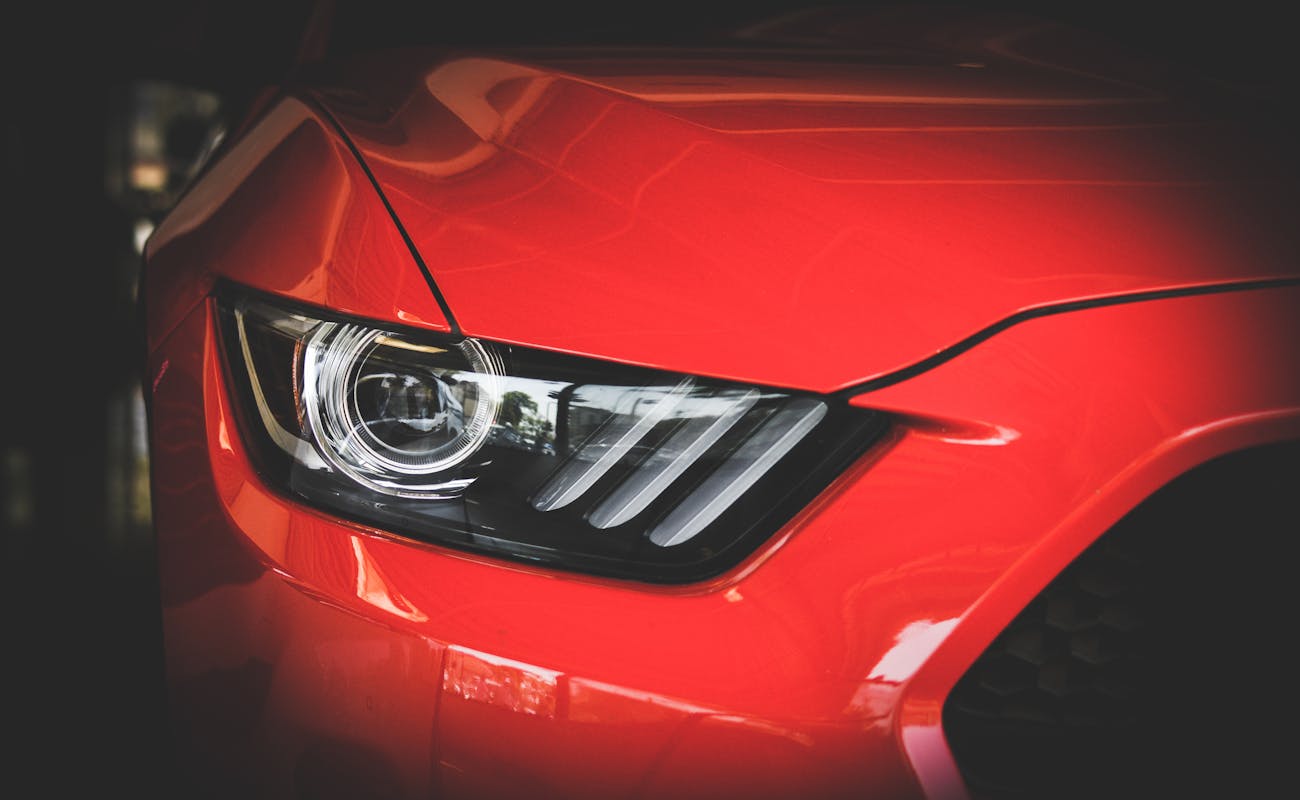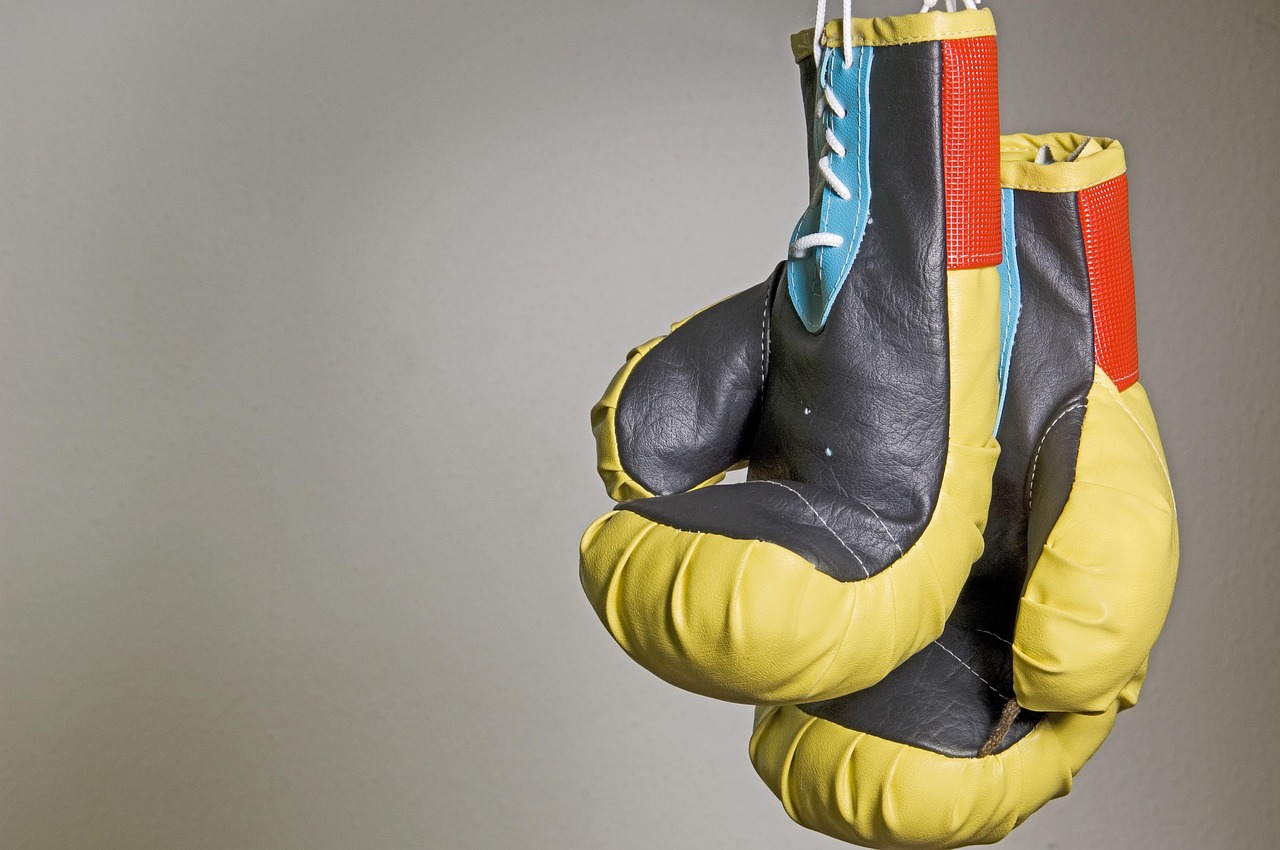Due to security concerns, the U.S. plans to ban certain hardware and software made in China and Russia from vehicles. The proposed restrictions aim to prevent adversaries from exploiting technology used in autonomous driving and connecting vehicles to external networks to manipulate cars on U.S. roads remotely.
RELATED STORIES: Luxury Lockdown: China Bans Excessive Displays of Wealth on Social Media
According to the BBC, Chinese and Russian software currently has minimal presence in American vehicles. However, Commerce Secretary Gina Raimondo described the move as a “targeted, proactive” step to safeguard national security. “Modern cars are equipped with cameras, microphones, GPS tracking, and other internet-connected technologies. It is easy to see how foreign adversaries with access to this data could pose significant risks to both national security and the privacy of U.S. citizens,” she said in a statement.
In response, Chinese officials criticized the U.S. for unfairly targeting Chinese companies under the guise of national security. China’s Foreign Ministry spokesperson, Lin Jian, urged the U.S. to respect market principles and ensure an open and transparent business environment for Chinese firms. The proposal, now entering a public comment period, is part of a broader effort by the White House to limit China’s influence in the car manufacturing supply chain.
RELATED STORIES: TikTok Files Lawsuit Against U.S. government, saying potential ban violates First Amendment
The U.S. has raised tariffs on electric vehicles, batteries, and other products. It has also banned the import of Chinese-made cargo cranes over cybersecurity concerns. In addition, proposed restrictions on software would take effect with the 2027 model year, while hardware bans would begin three years later. This timeline would provide the auto industry with time to adjust its supply chains.
John Bozzella, president and CEO of the Alliance for Automotive Innovation noted that while there is currently little Chinese or Russian technology in the U.S. automotive supply chain, the new rules would still require some companies to seek alternative suppliers
`






